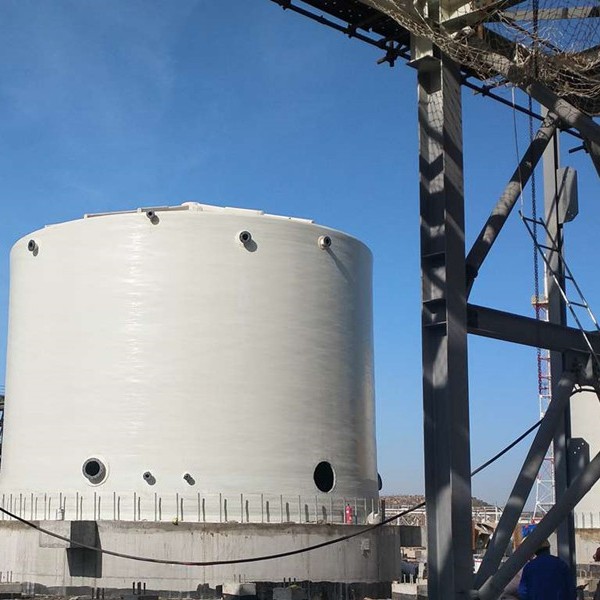
-
 Afrikaans
Afrikaans -
 Albanian
Albanian -
 Amharic
Amharic -
 Arabic
Arabic -
 Armenian
Armenian -
 Azerbaijani
Azerbaijani -
 Basque
Basque -
 Belarusian
Belarusian -
 Bengali
Bengali -
 Bosnian
Bosnian -
 Bulgarian
Bulgarian -
 Catalan
Catalan -
 Cebuano
Cebuano -
 China
China -
 China (Taiwan)
China (Taiwan) -
 Corsican
Corsican -
 Croatian
Croatian -
 Czech
Czech -
 Danish
Danish -
 Dutch
Dutch -
 English
English -
 Esperanto
Esperanto -
 Estonian
Estonian -
 Finnish
Finnish -
 French
French -
 Frisian
Frisian -
 Galician
Galician -
 Georgian
Georgian -
 German
German -
 Greek
Greek -
 Gujarati
Gujarati -
 Haitian Creole
Haitian Creole -
 hausa
hausa -
 hawaiian
hawaiian -
 Hebrew
Hebrew -
 Hindi
Hindi -
 Miao
Miao -
 Hungarian
Hungarian -
 Icelandic
Icelandic -
 igbo
igbo -
 Indonesian
Indonesian -
 irish
irish -
 Italian
Italian -
 Japanese
Japanese -
 Javanese
Javanese -
 Kannada
Kannada -
 kazakh
kazakh -
 Khmer
Khmer -
 Rwandese
Rwandese -
 Korean
Korean -
 Kurdish
Kurdish -
 Kyrgyz
Kyrgyz -
 Lao
Lao -
 Latin
Latin -
 Latvian
Latvian -
 Lithuanian
Lithuanian -
 Luxembourgish
Luxembourgish -
 Macedonian
Macedonian -
 Malgashi
Malgashi -
 Malay
Malay -
 Malayalam
Malayalam -
 Maltese
Maltese -
 Maori
Maori -
 Marathi
Marathi -
 Mongolian
Mongolian -
 Myanmar
Myanmar -
 Nepali
Nepali -
 Norwegian
Norwegian -
 Norwegian
Norwegian -
 Occitan
Occitan -
 Pashto
Pashto -
 Persian
Persian -
 Polish
Polish -
 Portuguese
Portuguese -
 Punjabi
Punjabi -
 Romanian
Romanian -
 Russian
Russian -
 Samoan
Samoan -
 Scottish Gaelic
Scottish Gaelic -
 Serbian
Serbian -
 Sesotho
Sesotho -
 Shona
Shona -
 Sindhi
Sindhi -
 Sinhala
Sinhala -
 Slovak
Slovak -
 Slovenian
Slovenian -
 Somali
Somali -
 Spanish
Spanish -
 Sundanese
Sundanese -
 Swahili
Swahili -
 Swedish
Swedish -
 Tagalog
Tagalog -
 Tajik
Tajik -
 Tamil
Tamil -
 Tatar
Tatar -
 Telugu
Telugu -
 Thai
Thai -
 Turkish
Turkish -
 Turkmen
Turkmen -
 Ukrainian
Ukrainian -
 Urdu
Urdu -
 Uighur
Uighur -
 Uzbek
Uzbek -
 Vietnamese
Vietnamese -
 Welsh
Welsh -
 Bantu
Bantu -
 Yiddish
Yiddish -
 Yoruba
Yoruba -
 Zulu
Zulu
fiberglass scrubber
Understanding Fiberglass Scrubber An Essential Tool in Air Purification
In today's industrial world, air quality has become a significant concern due to the detrimental effects of various pollutants released into the atmosphere. Industries such as manufacturing, chemical processing, and waste management generate harmful gases that can pose serious health risks to workers and the environment. This is where fiberglass scrubbers come into play.
Fiberglass scrubbers are advanced air pollution control devices designed to remove specific contaminants from industrial emissions. Their construction from fiberglass, a composite material made from fine glass fibers, offers numerous advantages, making them a popular choice in various applications.
What is a Fiberglass Scrubber?
At its core, a fiberglass scrubber is a type of gas scrubber that utilizes a fibrous material to filter out particulates and absorb undesirable gases from the air before it is released back into the environment. The primary mechanism involves chemical absorption where the contaminant gases interact with the liquid medium inside the scrubber, leading to their removal from the gas stream.
Fiberglass is particularly well-suited for scrubbers because of its durability, corrosion resistance, and lightweight properties. These characteristics allow fiberglass scrubbers to operate efficiently in harsh industrial environments without succumbing to degradation over time.
Advantages of Fiberglass Scrubbers
1. Corrosion Resistance One of the most significant benefits of fiberglass scrubbers is their ability to resist corrosion. Many industrial processes emit acids and other corrosive gases. Traditional metal scrubbers can suffer damage over time, leading to costly repairs or replacements. Fiberglass scrubbers, however, maintain their integrity even in the presence of harsh chemicals.
2. Lightweight and Easy to Install Fiberglass is much lighter than metal, which makes transportation and installation easier. Industries can save on labor costs and time during the setup of these systems, allowing them to resume operations more quickly.
fiberglass scrubber

3. Versatility Fiberglass scrubbers can be designed to handle a variety of gas types, including sulfur dioxide, hydrogen chloride, and volatile organic compounds (VOCs). This adaptability makes them suitable for different industrial applications, from power plants to food processing facilities.
4. Cost-Effectiveness While the initial investment in a fiberglass scrubber might be higher compared to other types of scrubbers, their longevity, low maintenance requirements, and energy efficiency contribute to significant savings in the long run.
5. High Efficiency Fiberglass scrubbers can achieve high removal efficiencies for pollutants, capturing a significant percentage of harmful gases and particulates. This efficiency plays a crucial role in helping companies comply with stringent environmental regulations.
Applications of Fiberglass Scrubbers
Fiberglass scrubbers are used in a diverse range of industries. In the chemical manufacturing sector, they help mitigate emissions during production processes. In waste treatment facilities, they play a vital role in scrubbing off hazardous gases generated from decomposition.
Additionally, fiberglass scrubbers are effective in the food processing industry, where they ensure the removal of odorous gases, contributing to an improved workplace environment. Furthermore, their applications extend to the pharmaceutical industry, where they aid in maintaining clean air standards essential for product safety.
Conclusion
As industries continue to evolve and environmental regulations become more stringent, the demand for effective air pollution control technologies such as fiberglass scrubbers will likely increase. Their unique benefits, including durability, efficiency, and versatility, make them a crucial component in the fight against air pollution. By investing in fiberglass scrubbers, companies can not only comply with regulations but also contribute to a healthier and safer environment for both workers and the surrounding community. In this age of environmental awareness, adopting such technologies is not just a regulatory necessity but a moral imperative.









